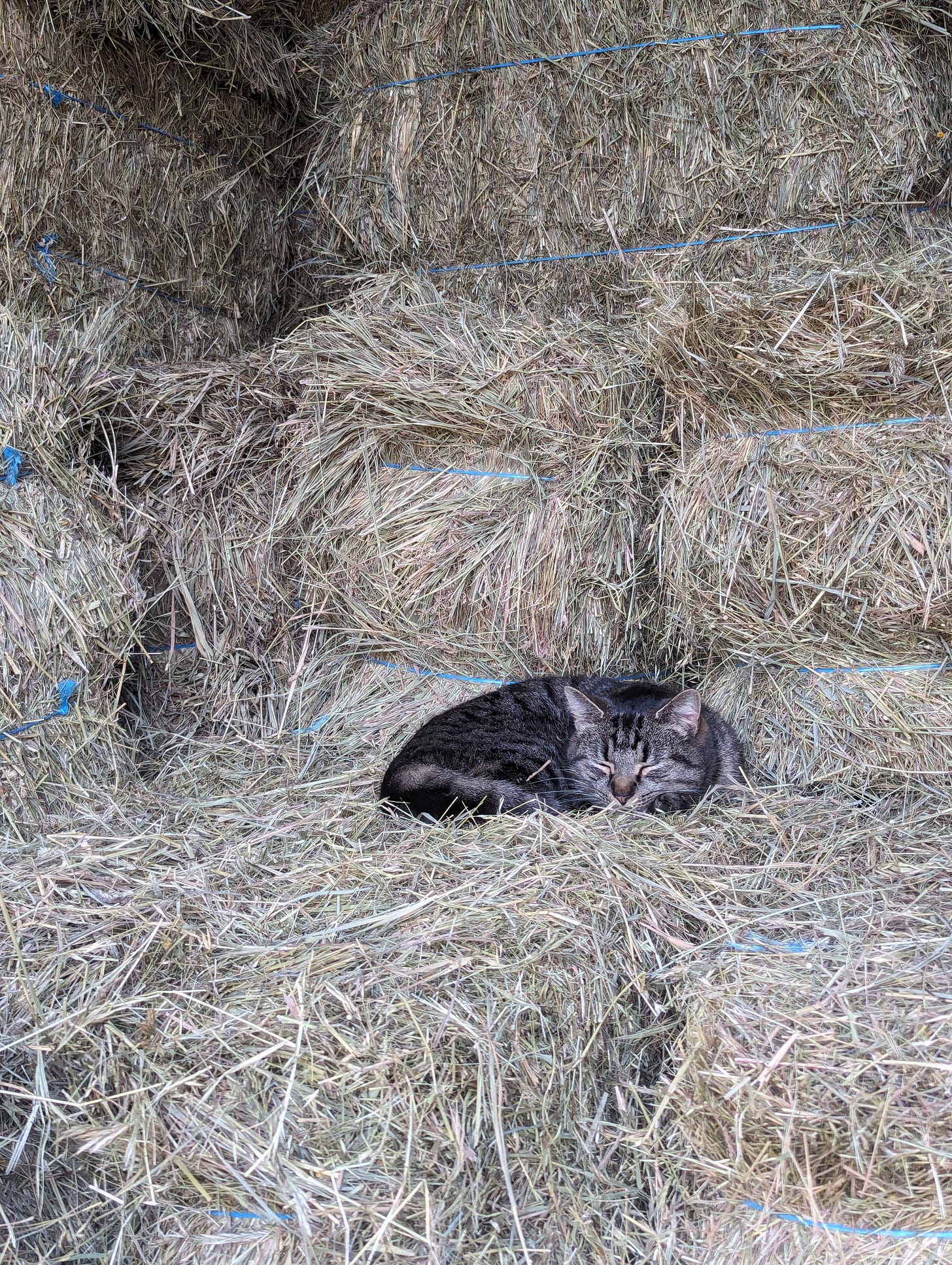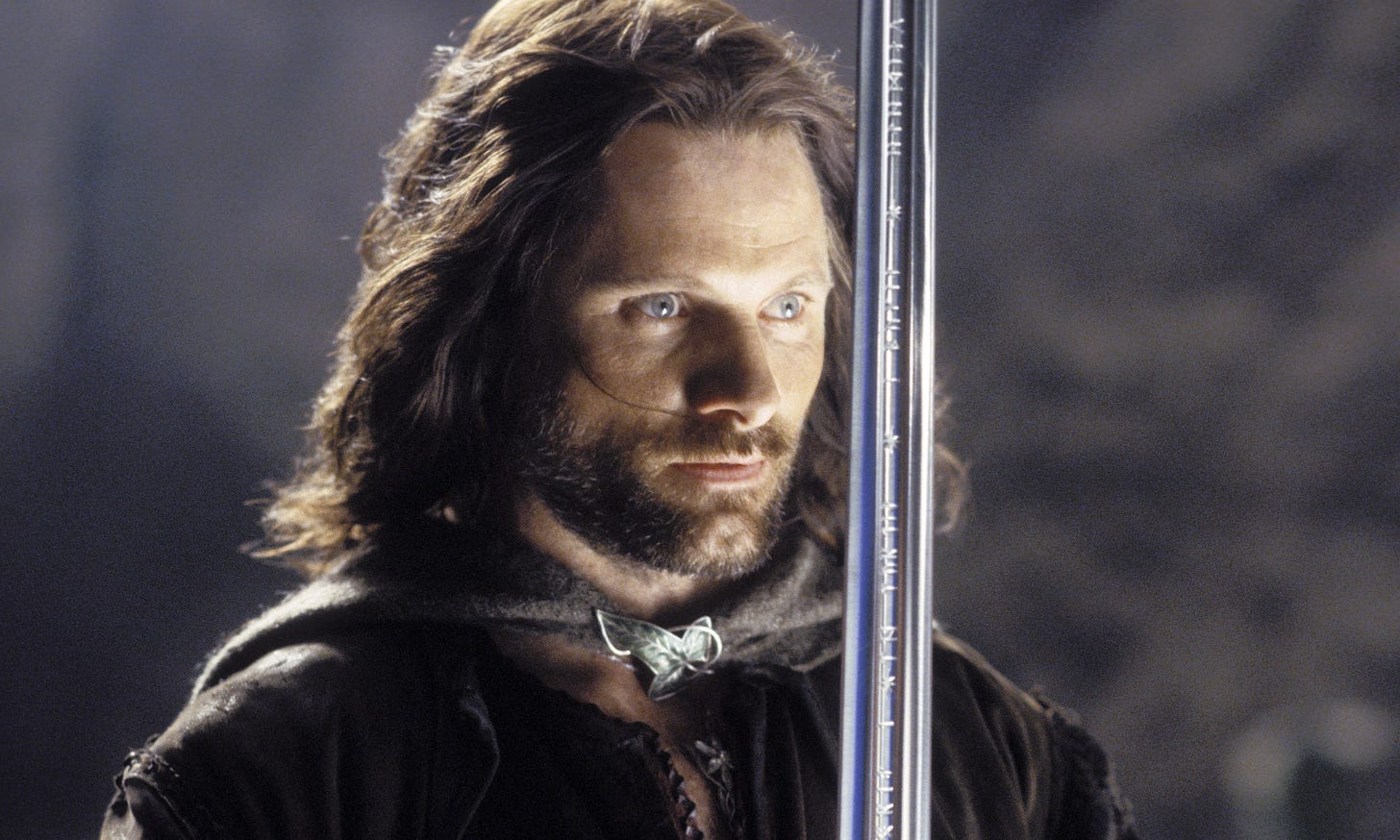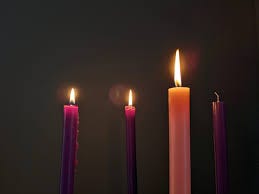A Very Lord of the Rings Advent Pt. 3
The Third Sunday: Joy // The Return of the King
This post is part of a guide that will take us through the four Sundays of Advent following along with the Lord of the Rings trilogy (don’t worry I have a plan for week 4). If you missed them, here’s part I and II.
Believe it or not, we’re eight days away from Christmas. This was truly a very short Advent - our final Sunday will also be Christmas Eve. We’ll be juggling Sunday Mass and Christmas Mass and wrapping presents somewhere in between. Deep breaths. We’ve got this.
So amidst the running around this week, how about turning on The Return of the King as the background to your wrapping/cooking/baking/last minute online shopping? The triumphant conclusion to Peter Jackson’s interpretation of Tolkien’s epic affirms the power of good over evil and promises heroes in the most unlikely of places. Next Sunday I’ll be sending out some meditations based on the Undying Lands and all the journeys we still have left to take, but for now, let’s dive into the concept of kingship (and rightful inheritance) in Return of the King.
Aragorn is the rightful King by blood, but his inheritance is no guarantee of goodness. After all, it was Isildur who cut the ring from Sauron’s hand but lacked the willpower to destroy it. But Aragorn shows he is made of deeper, sounder stuff than his ancestors. Time and again he proves his kingship, both in his bravery (Not this day!) and in his gentleness (his love for Arwen, his kindness toward Eowyn, caring for and ultimately bowing down to the small and humble hobbits, and [in the books] having the gift of healing).
In both the Gospel of Matthew and the Gospel of Luke we are given the rather lengthy genealogy of Joseph, foster-father of Jesus. These genealogies trace his bloodline back to Abraham and most importantly, back to David, validating Jesus’ messianic title, “Son of David.” In learning of this genealogy, we also place Jesus in a rather flawed family - murderers, adulterers, liars, thieves, abound. A noble bloodline, perhaps, but a deeply troubled one as well. Now, the question naturally arises, if Jesus was the Son of God (and not Joseph) why all this talk of genealogy?
St. Augustine saw no contradiction here: Joseph was the adoptive father of Jesus and therefore his father for all intensive purposes. This is consistent with the Jewish belief that when a father names a child he adopts him, spiritually and physically. Once the father has bestowed a name on that child, there is a literal, physical bond between them, whether they share the same blood or not.
So when the angel appears to St. Joseph in a dream to explain the miraculous turn his rather ordinary life was about to take, he is explicitly told, “Joseph son of David, do not be afraid to take Mary home as your wife, because what is conceived in her is from the Holy Spirit. She will give birth to a son, and you are to give him the name Jesus.”1 In this prophecy, the angel both affirms Joseph’s ancestral claims and gives him the power of naming this new baby, thus including him in this royal bloodline.
So here, in both the story of Aragorn and the story of Christ, we have a royal heritage filled with flawed individuals. We have promises and prophecies and hope, but it is a desperate kind of hope, more myth than reality. Perhaps someday a Messiah will come. Perhaps someday the rightful King will be on the throne. But The Return of the King offers us a culmination - not someday - but now.
And Christmas does the same. Not someday, but now - “The Kingdom of Heaven is here!” It’s Guadete Sunday, bring out the pink (ahem, rose), bring out the trumpets, “tidings of Great Joy!” It’s happened. It is happening. Rejoice, rejoice.
So although we’re not quite to Christmas, it is so very, very close. Let’s rest in that joy a little bit. This is the Good News we’ve been waiting for. The Return of the King allows us the dramatic soundtrack, the cathartic purge of a great story. Let this be our rehearsal for Christmas Day, when into our flawed and imperfect world, the King returns at last.
WEEK THREE (DEC 17-23):
THE RETURN OF THE KING
The Return of the King starts with the dark story of Smeagol. We see a friendship destroyed in a matter of moments - greed, horror, murder (mirroring Cain's murder of his own brother, Abel). Something fundamentally human (or hobbit, rather) has shattered in Smeagol's soul - and he is 'cast out' - a lonely wanderer in the world, with the Ring (Sin) his only companion.
Great battles are on the horizon, with Gondor’s capital, Minas Tirith being Sauron's next target. Arwen is dying, but refuses to leave Middle Earth, having seen a vision of her and Aragorn’s son. Faramir is sent out on a death-mission by his father who is still mourning the loss of his favored son, Boromir. Gollum wrestles with himself, quite literally ‘a good angel/bad angel’ scenario, as he ultimately sides with Evil - deciding to take the Hobbits the wrong way and have them killed by the spider-monster Shelob.
Aragorn offers redemption to the souls of deserters, cursed for their cowardliness. The story takes us all the way to the pit of Mount Doom, where Frodo finds himself unable to cast the Ring into the Fire. The dramatic battle for the soul of the world takes place inside the mountain as the violence rages outside the walls of Mordor, leaving many dead. It looks hopeless. But then, just when it seems darkest, Good prevails. The Ring is bitten off Frodo’s hand by Gollum. As Sam and Frodo watch the world burn around them they realize their sacrifice may have no reward this side of eternity. They dream of the Shire and succumb to despair. At this moment, they are saved by the Golden Eagles, taken to a place of Eden-like restoration at Rivendell, where many happy reunions take place.
Think of Aragorn’s coronation as the rightful heir of Gondor, think of the Beauty of this Restoration, and how Christ, as King of the Universe, reclaims his throne in the Incarnation. Think of how many times Despair threatens, how many losses are suffered, how many deaths, and yet, a Greater Joy awaits - The Darkness is always passing.
Journal / Discussion Questions:
The third pink candle we light on the Advent wreath is called the “Shepherd’s Candle,” and it represents Joy. The third Sunday of Advent is Gaudete Sunday and is meant to remind us of the joy that the world experienced at the birth of Christ. How can the climactic and joyful end to the Lord of the Rings trilogy help us to appreciate the many levels of Joy brought into our lives through the Incarnation?
Arwen chooses to stay with Aragorn and become mortal because she sees a vision of their future a child, a different kind of immortality. How can we embrace our temporal mortality while pursuing immortality?
Denethor - Stewart of Gondor - is the opposite of the Father in the Parable of the Prodigal Son. Still mourning the loss of Boromir, he nearly loses his son Faramir as well. Even when he is told Faramir is alive, Denethor, deep in the grips of madness, would rather succumb to despair and believe he is dead.
What does this tell us about our own predilections toward sadness and sin? How can we mourn the losses in our life and remain Hopeful, knowing that the Hope of Advent is never in vain?
Aragorn travels the Paths of the Dead to recruit an Army of the Dead, thereby freeing their souls from the half-life they have been cursed to by their cowardly actions. Note that their redemption can only come through sacrificing for others. How does the Army of the Dead represent “the democracy of the Dead”2 and the power of praying for those in purgatory / asking intercession from the Saints? How can we cultivate an appreciation for the Army of the Dead as we share (with all the souls in Heaven and ‘a great company of the Heavenly Host’) in the Joy of Christ’s birth?
When Frodo thinks he can make it no further up the mountain, Sam offers to carry him (like Simon carried the Cross) - How does Sam’s loyal friendship epitomize the ideals of Christian charity? How can we cultivate a spirit of Charity, Care, and Compassion this Advent Season?
Eowyn fearlessly rides into Battle and ultimately is the only one who can kill the Witch-King. How does Eowyn’s story illustrate how God uses unlikely people to accomplish great things (‘He doesn’t call the equipped but equips the called’)? How unexpected was it that the Messiah (thought to be a great warrior-king) instead came into the world a poor baby in a manger?
Meditate on Aragorn’s coronation and what it means to have The Rightful King on the Throne.
I wish you a peaceful, joyful Guadete Sunday and last week of Advent.
If you’ve already blasted the LOTR soundtrack and are still looking for some Christmas-light Advent-style listening, let me recommend this Winter Solstice album by Helicon. It includes traditional music and carols from around the world - Kenya, Mexico, Russia, Ireland, Britain - and is filled with so much joy. My former fiddle teacher (Ken Kolodner) is a member of the band and I’ve recommended the guitarist (Robin Bullock) many times on the podcast (check out his Guitar for Christmas album while you’re at it).
Happy listening, happy watching.
Joy and all good things x
Katie

Matthew 1:20-21
“Tradition means giving votes to the most obscure of all classes, our ancestors. It is the democracy of the dead. Tradition refuses to submit to the small and arrogant oligarchy of those who merely happen to be walking about.” - G.K. Chesterton



